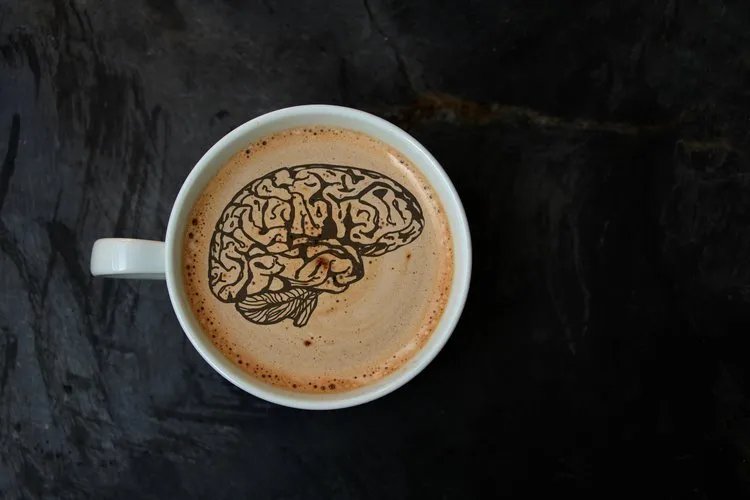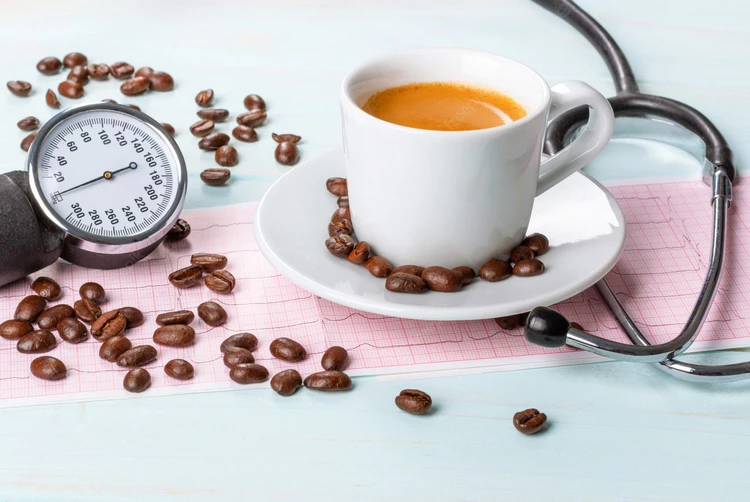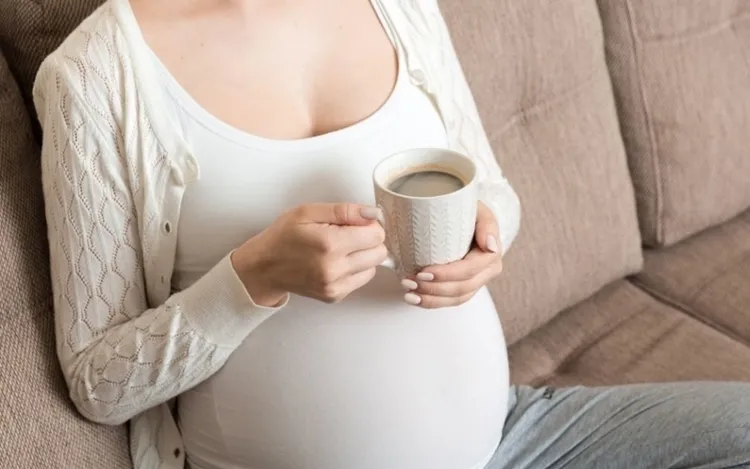A cup of strong espresso in the morning to cheer you up, a cappuccino at lunch or a quick coffee in the afternoon – does this sound familiar to you? Whether we like it or not, the amount of coffee we drink during the day does not disappear in the body without a trace. Today we shall talk about what caffeine does to the body.
What are the Benefits of Caffeine?
The main component in coffee is caffeine. Caffeine is a mild stimulant. The effect of caffeine on people is different, depending on their sensitivity to this component. Some drink several cups a day and it does not affect them in any way, while others may feel changes even from one serving of coffee. The property of caffeine is such that after entering the digestive system, it quickly dissolves in the body, being excreted a few hours after consumption. That is why coffee has a diuretic effect.
Caffeine increases the level of dopamine in the brain, which makes us feel more alert and more cheerful. Drinking coffee in moderation has a positive effect on the central nervous system: improves mood, increases physical and mental activity.
Fat burning – Almost every weight loss product contains caffeine. This natural substance is able to speed up metabolism by 3-11%.
Coffee reduces the risk of gallstones. This was revealed in a ten-year experiment that showed that drinking 2 to 3 cups of coffee a day reduces the risk of gallstones.
Studies have found that regular coffee consumption reduces the risk of developing Alzheimer’s disease and dementia and reduces suicide risk by 45%.
What Caffeine Does to the Body and How it Affects us?
According to many, coffee is a healthy drink and there is no doubt that it has its benefits. However, like most things, excessive consumption can have side effects. Let’s see what caffeine does to the body!
What is the effect of caffeine on the nervous system?
Caffeine affects the central nervous system. It reaches the brain quickly and we feel more awake and alert. Headaches and migraines can be relieved which makes caffeine a mild painkiller that can be used as an adjunct to medications. However, just like sugar or alcohol, caffeine is addictive. For example, too much caffeine can cause headaches. The main reason for this is caffeine abstinence. The blood vessels in your brain become accustomed to the effects of caffeine and if you suddenly stop consuming it, this may lead to headaches, anxiety, irritability, dizziness, drowsiness, even tremor.
What caffeine does to your digestive system?
In moderate doses, coffee speeds up the metabolism and the formation of beneficial bacteria in the intestines that help in weight control and the fight against excess weight. About 30 minutes after enjoying your coffee, it begins to interact with the stomach. It is absorbed through the stomach into the intestines and from there into the whole body. Caffeine increases the secretion of hydrochloric acid in the stomach, which in turn stimulates gastric juices. This process is good for digestion, but in more sensitive people it can cause stomach problems. That is why it is not recommended to drink it on an empty stomach as there will be nothing to digest. The long-term negative effect of that may be the first symptoms of gastritis, acid reflux, ulcers, etc.
What Caffeine Does to Your Heart?
If we drink coffee, our body releases the stress hormones adrenaline and cortisol. The consequences are that the heart beats faster and the pulse increases. Medically this is not a problem but scientists advise that the daily amount of coffee should not exceed 6 cups.
In the bloodstream, caffeine reaches its highest values an hour or two after we had it and leads to a short period of increase in blood pressure. Most people do not have a long-term effect on it, but if you suffer from arrhythmia, caffeine can make it harder for the heart to work. If you suffer from high blood pressure or another cardiovascular problem, it is best to reduce coffee consumption.
Excessive Caffeine Affects the Water Balance of the Body
Coffee is a natural diuretic. Normal amounts of caffeine contribute to the rapid elimination of excess fluid from the body. However, excessive consumption may lead to dehydration.
Can You Drink Coffee While Pregnant?
Pregnant women should be careful with caffeine. As a stimulant, it can speed up the baby’s heart rate and metabolism. High doses of caffeine slow down fetal growth and increase the risk of miscarriage. In most cases, small amounts of caffeine are safe during pregnancy. It is recommended to avoid coffee or limit your intake to less than 200 milligrams per day.









